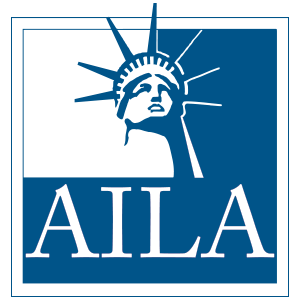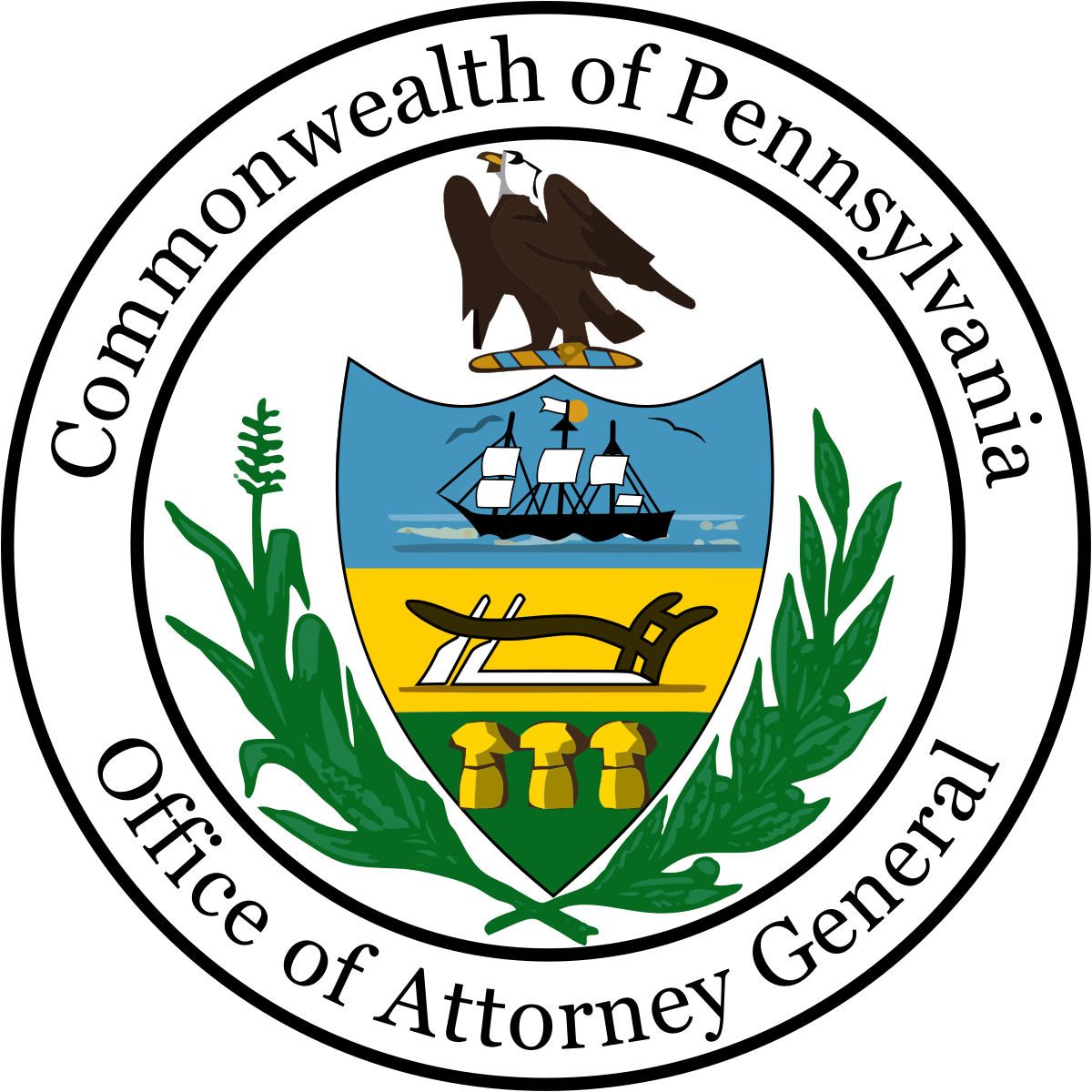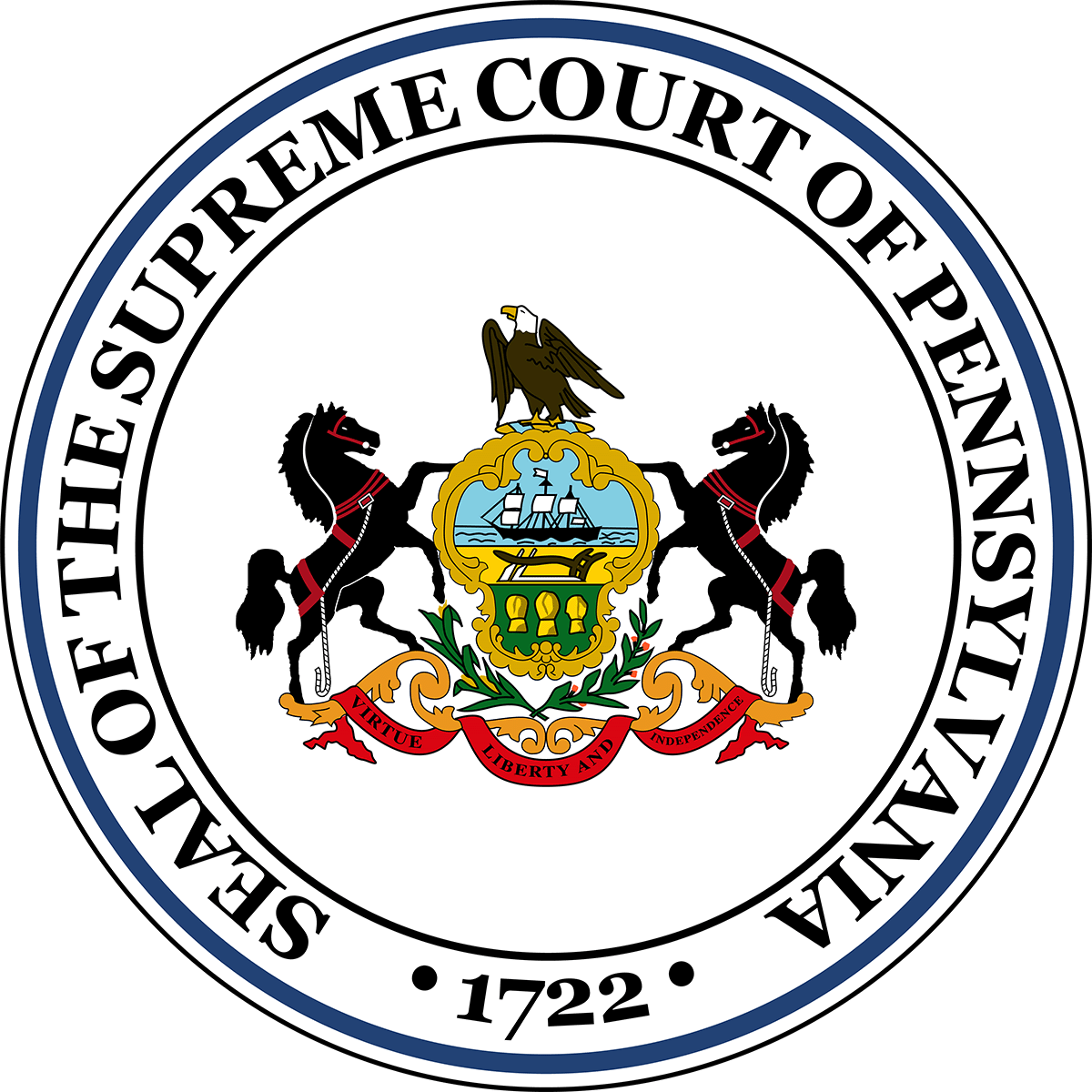Pennsylvania Office of Attorney General - The Pennsylvania Office of Attorney General, led by the Attorney General elected by the people, serves as the chief legal advisor for the state. This office is responsible for providing legal counsel to state agencies and officials, representing Pennsylvania in legal matters, and overseeing law enforcement. The Attorney General plays a pivotal role in prosecuting and defending legal actions on behalf of the state, issuing legal opinions, and addressing a broad spectrum of legal issues, including consumer protection, public safety, and environmental concerns.



















